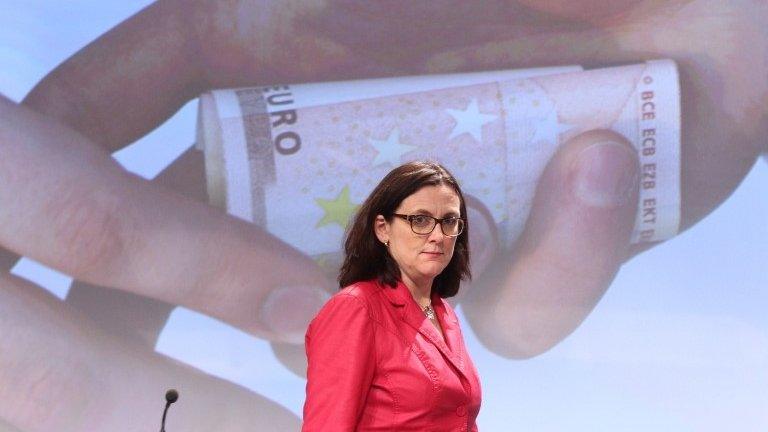Former EU commissioner failed to disclose offshore interest
- Published
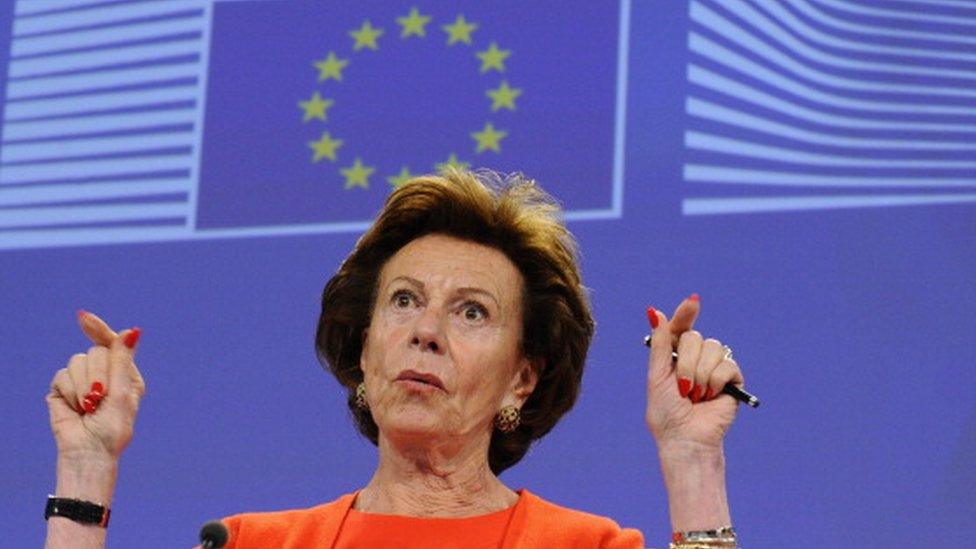
Neelie Kroes' lawyers say that her problems stem from an "administrative error"
Leaked documents reveal how a former EU commissioner failed to disclose her interest in an offshore company.
Documents from the Bahamian company registry show Neelie Kroes was a director of Mint Holdings from 2000 to 2009.
The Netherlands politician, an EU commissioner from 2004 to 2014, should have declared all her company directorships.
Her lawyer Oscar Hammerstein said that her declaration of interests was made in good faith.
"Ms Kroes will inform the president of the European Commission of this oversight and will take full responsibility for it." he said.
Mr Hammerstein said Mint Holdings was set up to raise funds for an energy deal that never took place and the company never became operational.
He said she had not been removed as a director until 2009 because of an "administrative error".
Media leak
Ms Kroes was commissioner for competition from 2004 to 2010 and commissioner for digital agenda until 2014.
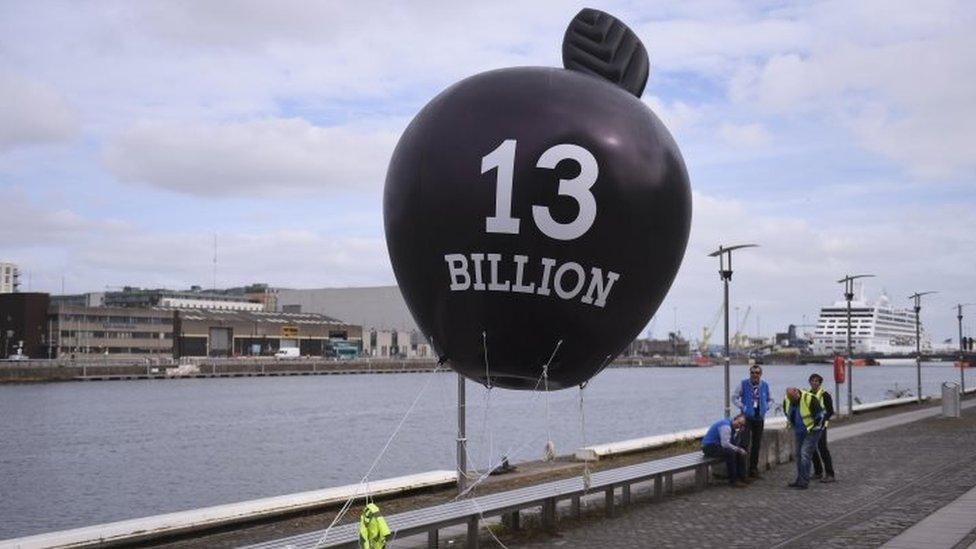
Earlier this month Ms Kroes criticised the EU Commission over its decision that Apple owes Ireland €13bn (£10bn) in unpaid taxes
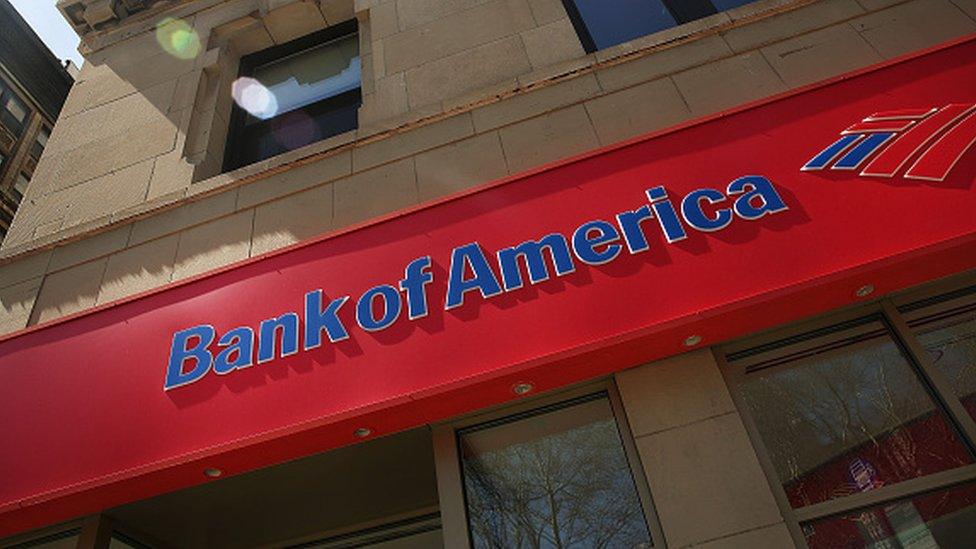
Ms Kroes now has advisory positions with a number of major international companies including the Bank of America
Commissioners are required to disclose all directorships they have held in the 10 years prior to a declaration of interests.
But there is no mention of Mint Holdings in her declarations in 2004 or 2010.
Ms Kroes' directorship was discovered among details of more than 176,000 companies set up in the Atlantic ocean tax haven that have been leaked to the media.
The files from the company registry in the Bahamas contain basic information about offshore companies, trusts and foundations registered on the islands.
They include names of directors, company administrators and other corporate documentation for entities incorporated between 1990 and 2016.
The Bahamas has been criticised for holding out against international attempts to improve transparency and crack down on tax evasion and avoidance - last year the EU listed the Bahamas among 30 unco-operative tax havens.
The 1.3 million files were obtained by the German newspaper Suddeutsche Zeitung, and shared with the International Consortium of Investigative Journalists (ICIJ) and media partners including BBC Panorama and The Guardian.
The ICIJ plans to combine the new Bahamas data with information from previous offshore leaks - including the Panama Papers - to create the largest public registry of offshore entities in history.
Failed deal
Mr Hammerstein told the BBC that Mint Holdings had been established in 2000 in relation to a deal to buy assets belonging to the US energy firm Enron.
The proposed Enron deal, worth an estimated $7bn (£5.3bn), would have involved the sale of some of Enron's international holdings including power plants, utility holdings and oil and gas reserves.
At the time the deal was being negotiated, Enron shares were at an all-time high. But the company collapsed the following year when it was discovered that Enron had been hiding huge debts off its balance sheet.
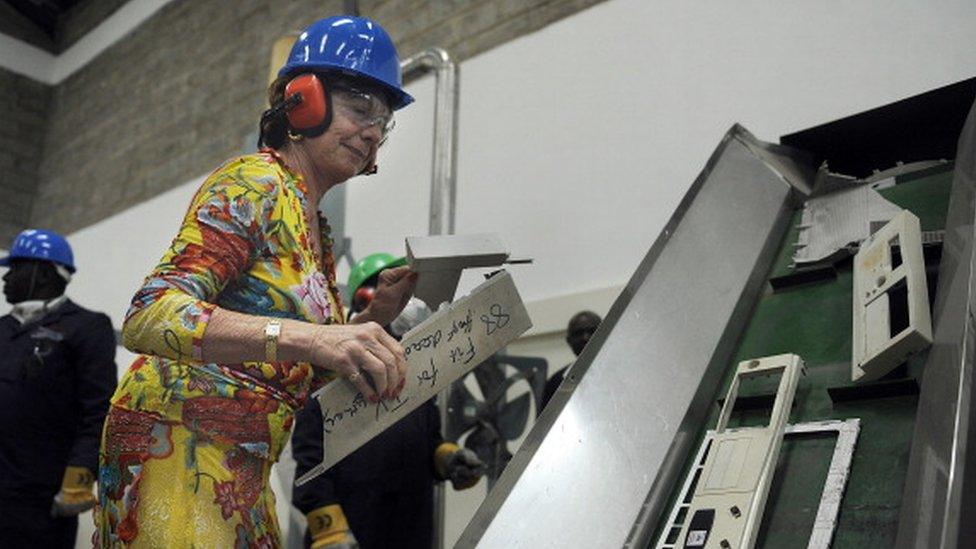
As EU digital agenda commissioner Neelie Kroes visited a computer waste management centre in Nairobi in September 2011
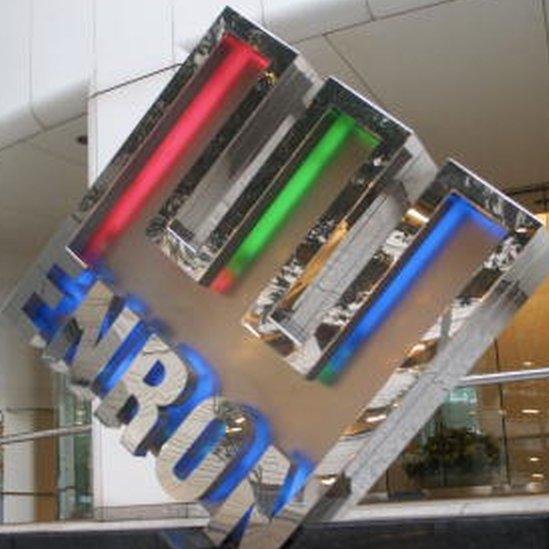
The Enron deal, worth an estimated $7bn (£5.3bn), involved the sale of some of Enron's international holdings including power plants, utility holdings and oil and gas reserves
The deal, called Project Summer, was presented to the Enron board of directors on 8 August 2000 and would have been one of the largest ever transactions of its type in the global energy business.
Negotiations were led by UAE businessman Amin Badr-El-Din - a close friend of Ms Kroes and a fellow director of Mint Holdings.
Dr Badr-El-Din is a prominent businessman in the United Arab Emirates and former adviser to the Crown Prince of Abu Dhabi.
His lawyer said Ms Kroes' directorship should have been terminated in 2002 and she had not "participated in any board meetings or in any decision-making process of Mint Holdings".
Controversial appointment
As EU Commissioner for competition, Ms Kroes launched a two-year energy sector review focusing on the gas and electricity markets. And in 2007 she led an anti-trust inquiry into a number of EU energy firms.
Mr Hammerstein says the directorship did not present any conflicts of interest in these inquiries. He also says Ms Kroes was recruited to advise upon strategy once the Enron deal was completed, and "that she didn't have a role as an advisor on this deal at all".
Ms Kroes' original appointment as an EU commissioner was controversial because of her extensive business interests. MEPs questioned whether her private interests might conflict with her new job.
Despite promising the then president of the Commission in 2004 that she would not return to business after her term in office, Ms Kroes now has advisory positions with a number of major international companies including the Bank of America, Merrill Lynch, and Uber.
Earlier this month Ms Kroes criticised the EU Commission over its decision that Apple owes Ireland €13bn (£10bn) in unpaid taxes.
Regarding her pledge not to enter business at the conclusion of her term in office, her lawyer says she "fulfilled this pledge and did not enter into business activity".
"Instead, she was honoured with a second term in a completely different field. Having now finished her second term, she no longer feels bound by the commitment made prior to taking her first post," Mr Hammerstein said.
- Published1 June 2016

- Published12 May 2016
![Philip Davies saying: ...they [the EU] haven't had their accounts signed off for 20 years](https://ichef.bbci.co.uk/ace/standard/1024/cpsprodpb/B3F3/production/_89676064_davies_quote.gif)
- Published7 April 2016

- Published15 April 2015

- Published15 April 2016
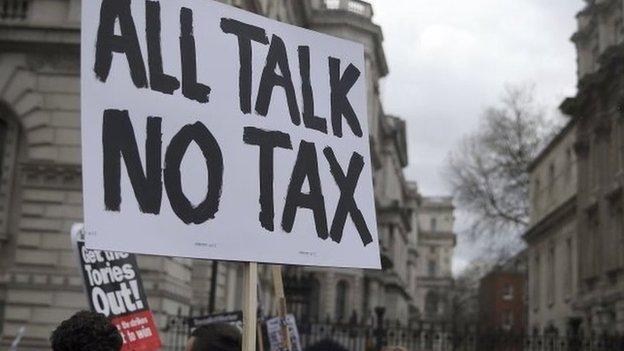
- Published3 February 2014
